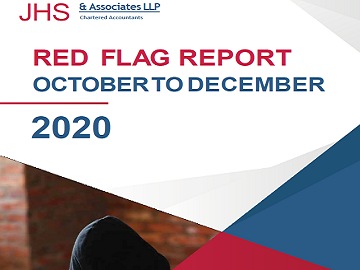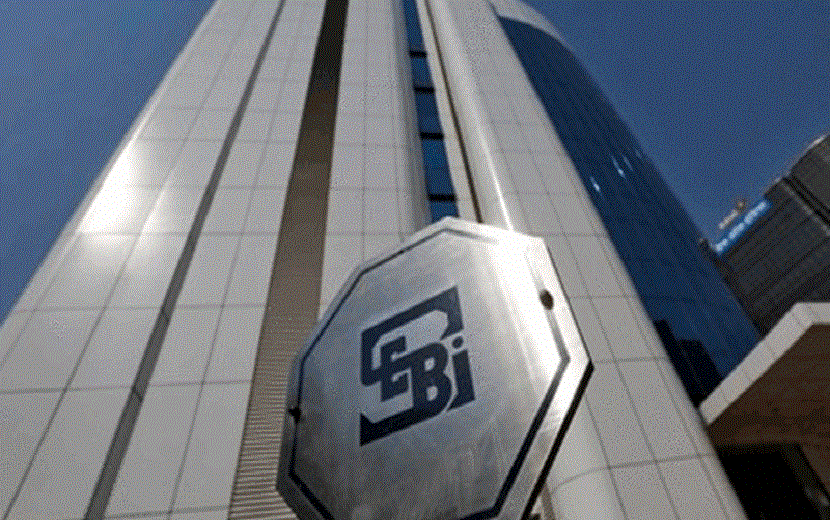Reference: Securities and Exchange board of India
Enhanced Governance Norms for Credit Rating Agencies (CRAs)
In order to enhance governance and accountability of Credit Rating Agencies (CRAs), the following directions are being issued by SEBI:
- Regarding MD/CEO being a member of rating committee:
• MD/CEO of a CRA shall not be a member of rating committees of the CRA.
• Rating committees of a CRA shall report to a Chief Ratings Officer (CRO).
• One third of the board of a CRA shall comprise of independent directors, if the board is chaired by a non-executive director. In case the board of the CRA is chaired by an executive director, half of the board shall comprise of independent directors.
• The board of a CRA shall constitute the following committees:
(i)Ratings Sub-Committee
(ii)Nomination and Remuneration Committee
• The Chief Ratings Officer (CRO) shall directly report to the Ratings Sub-Committee of the board of the CRA.
• The Nomination and Remuneration Committee shall be chaired by an independent director. - During the rating process, CRAs shall record minutes of the meeting with issuer management and incorporate it in the rating committee note.
- CRAs shall meet the audit committee of the rated entity, at least once in a year, to discuss issues including related party transactions, internal financial control and other material disclosures made by the management, which have a bearing on rating of the listed NCDs.
- This circular is issued in exercise of the powers conferred by Section 11 (1) of Securities and Exchange Board of India Act, 1992 read with the provisions of Regulation 20of SEBI (Credit Rating Agencies) Regulations, 1999, to protect the interest of investors in securities and to promote the development of, and to regulate, the securities market.
Reference: Central Board of Indirect Taxes and Customs
Update:
No GST on medicines, implants, etc., used in medical treatment being ‘Composite Supply’ of healthcare services:
Royal Care Speciality Hospital Ltd., In re – [2019] 110 taxmann.com 481 (AAR – TAMILNADU)
The applicant is a multi-specialty hospital providing health care services. It has sought an advance ruling to determine whether the medicines, consumables, implants, etc., used in the course of providing health care services to patients admitted in hospital would be considered as ‘composite supply’ of healthcare services and exempt from GST?
The Authority for Advance Rulings, Tamil Nadu observed that the applicant provides medicines, consumables, implants, etc., to in-patients in the course of treatment for which a single bill is raised. The applicant cannot provide health services including diagnostic, treatment surgery, etc., without the help of medicines to be taken during treatment, implants and consumables used during their stay in the hospital. On usage of medicines, consumable and implants as prescribed by doctors and administered during stay of the patients, the treatment shall be complete.
Under GST, ‘composite supply’ means two or more taxable supplies of goods or services or both which are naturally bundled and supplied in conjunction with each other in the course of business. Therefore, the supply of medicines, implants and consumables are naturally bundled with supply of healthcare services and, hence, to be treated as ‘composite supply’ of healthcare services.
As per exemption notification under GST, health care services provided by clinical establishments are exempt from GST. Since the applicant being a hospital is a clinical establishment and ‘composite supply’ of healthcare services provided by it, shall be exempt from GST.
The Authority for Advance Rulings, Tamil Nadu held that medicines, consumables & implants used in providing health care services to patients are ‘composite supply of healthcare services’ which are exempt from GST.
Reference: Central Board of Direct Taxes
Update:
Restricts Sec. 40(a)(ia) disallowance for TDS default to 30% of expenditure
Guwahati ITAT upholds disallowance u/s. 40(a)(ia) on account of non-deduction of TDS on consultancy charges citing assessee’s failure in filing the relevant details of the actual nature of expenditure for AY 200708.
ITAT , however has restricted the disallowance to 30% by stating that “The Legislature has itself amended Section 40(a)(ia) vide the Finance Act, 2014 w.e.f. 01.04.2015 restricting a disallowance made u/s 40(a)(ia) from 100% to 30% only”;
It has relied on Kolkata ITAT ruling in case of Dipak Parui wherein it was held that the above amendment inserted vide proviso to sec. 40(a)(ia) is held to be a curative one and so have retrospective effect.
Accordingly, it direct ed the AO to restrict the impugned disallowance to the extent of 30% of expenditure only.
The interesting ruling was delivered by ITAT Gauhati bench consisting of Shri S. S. Godara and Dr.A. L.Saini. Advocate Ramesh Goenka and Amit Goenka argued on behalf of the assessee, whereas Revenue was represented by Mr. A. K. Bhardwaj, Jayanta Mridha and Amitava Sen.
Update:
State of West Bengal & Ors vs Culcutta Club Limited
(Supreme Court)
Doctrine of mutuality: A club registered as a \’company\’ u/s 25 of Companies Act is not like other companies as it has no shareholders, no dividends declared, and no distribution of profits takes place. Such clubs cannot be treated as separate in law from their members. The ratio decidendi in Bacha F. Guzdar 27 ITR 1 does not apply to such clubs. When a club supplies goods to its members, there is no \”sale\” and sales-tax cannot be levied (Bangalore Club 350 ITR 509 (SC), Venkatesh Premises Coop Soc 402 ITR 670 (SC) & other imp judgements referred).
Update:
Reference: Reserve Bank of India
Reserve Bank enhances withdrawal limit for depositors of Punjab and Maharashtra Cooperative Bank Ltd. to Rs. 50,000/-
The Reserve Bank of India, after reviewing the bank’s liquidity position and its ability to pay its depositors has decided to further enhance the limit for withdrawal to Rs. 50,000/- (Rupees Fifty Thousand only), inclusive of Rs.40,000 allowed earlier.
It has also been decided to allow the depositors to withdraw from the bank’s own ATMs within the prescribed limit of Rs.50,000. This is expected to ease the process of withdrawals.
Implication:
With the above relaxation, more than 78% of the depositors of the bank will be able to withdraw their entire account balance.
Update:
FAQs on SEBI (Prohibition of Insider Trading) Regulations, 2015
SEBI has introduced set of questions and answers to clarify the doubts pertaining to SEBI(PIT) Regulations.
SEBI has answered questions like:
Whether trading in ADRs and GDRs by employees of Indian companies who are foreign nationalsis covered under provisions of PIT Regulationson code of conduct?
Whether requirement of pre-clearance is applicable for exercise of employee stock options?
What information should a listed Company maintain in its structured digital database?













